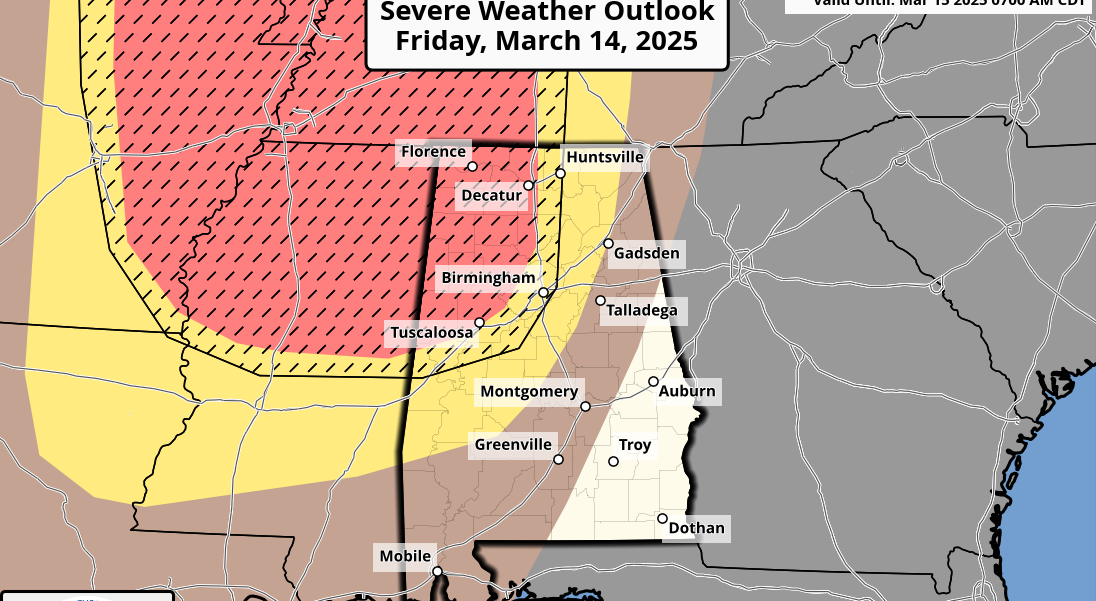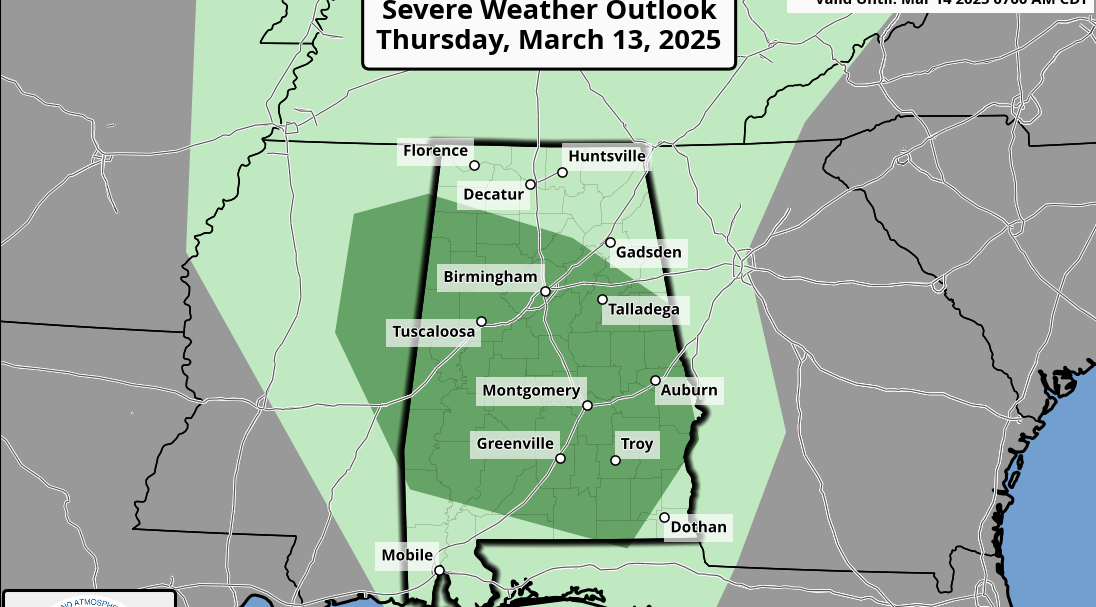Get ready: 2020 census is headed your way

Governor Kay Ivey gave remarks at the U.S. Census Bureau Lunch in Cullman in August. The governor has approved $1 million in grants to dozens of groups to promote awareness and encourage participation in the state. (Governor's Office/Hal Yeager)
At the end of this week, Alabamians are going to begin getting something in their mail that they haven’t gotten in 10 years.
Beginning March 12, households will begin receiving announcements about how to complete the 2020 Census, the every-decade canvass of the country that determines how many people live where.
People can respond online, by email or by mail, and the goal is to get an accurate count of every man, woman and child in the state. Two important results will be population-based federal money coming into the state and determining the number of each state’s Congressional districts.
“From my perspective, it’s important that we do all we can do to keep the Congressional seats we have but also make sure those dollars are flowing into the state,” said Kenneth Boswell, director of the Alabama Department of Economic and Community Affairs. “We’re letting people know that the census is a harmless but important event.”
Gov. Kay Ivey appointed Boswell, who was mayor of Enterprise, to his ADECA post in 2017, and even then, her eyes were on the census.
“She definitely knew how important this census was,” he said. “She told me when she asked me to come to work with her that she didn’t want me to be caught flat-footed – it was going to be up to ADECA to implement. And we have not let up in three years. It has been pedal to the metal, and we’re doing everything we can do to be proactive.”
RELATED: 2020 census participation ‘critical’ for Alabama
That proactiveness includes two major thrusts. The first is hiring enough people to conduct the census (in May, census workers will visit homes of those who have not responded). To apply for census jobs, go to 2020census.jobs.gov. The second is educating the public about the census and its importance.
Education is key, Boswell said, because some people are afraid to give any kind of personal information to the federal government, both for privacy and security reasons.
“We’re trying to let people know it’s a relatively simple process,” Boswell said. “You probably give more information signing up for a credit card than participating in the census.”
The process takes an average of 10 minutes, and the specifics of the information collected won’t be made public for 72 years.
The overall numbers, though, will be used to determine the number of congressional districts in each state.
“If we don’t have that representation or those seats at the table, then our advocacy lessens and so does everything else,” Boswell said.
Boswell is chairing the Alabama Counts 2020 committee, which Ivey established in 2018. That group has shaped Alabama’s census plan, which includes a major grassroots effort.
“That grassroots effort is applicable to all Alabamians to encourage participation but especially the hard-to-count areas, like Alabama’s Black Belt, pockets of urban areas in major cities, people with disabilities, college students, low-income people, immigrants and children under 5.”
Over the next couple of months, all Alabamians will be hearing about the census via the at-home mailing, door hangers, advertising and other methods. Key dates for the census include:
* March 12 – Census being mailed to households, with information on how to respond online, by mail or email.
* March 30-31 – Census workers will count the homeless by going to shelters, soup kitchens, on the streets and other places.
* April 1 – National Census Day, featuring census-related events. Also, the census is meant to determine where people are living as of April 1.
* April – During April, census workers will visit colleges, senior homes and other places where large groups of people live. (Note: College students will be counted in their college towns, not their hometowns.)
* May-July – Census workers will visit households that have not already responded to the census.
* December – Based on census responses, the Census Bureau will deliver apportionment counts to Congress and the president.
Alabama’s response rate for the census has historically been below average, Boswell said, but he’s hopeful that will change this year with the emphasis being put on it. In addition, it’s the first time people can respond online, which should increase Alabama’s response rate (which was 72 percent in 2010).
“We’re optimistic that we will do better than what we did in 2010,” Boswell said. “There is more light being given to this subject matter simply because the governor understands the importance of it.”





